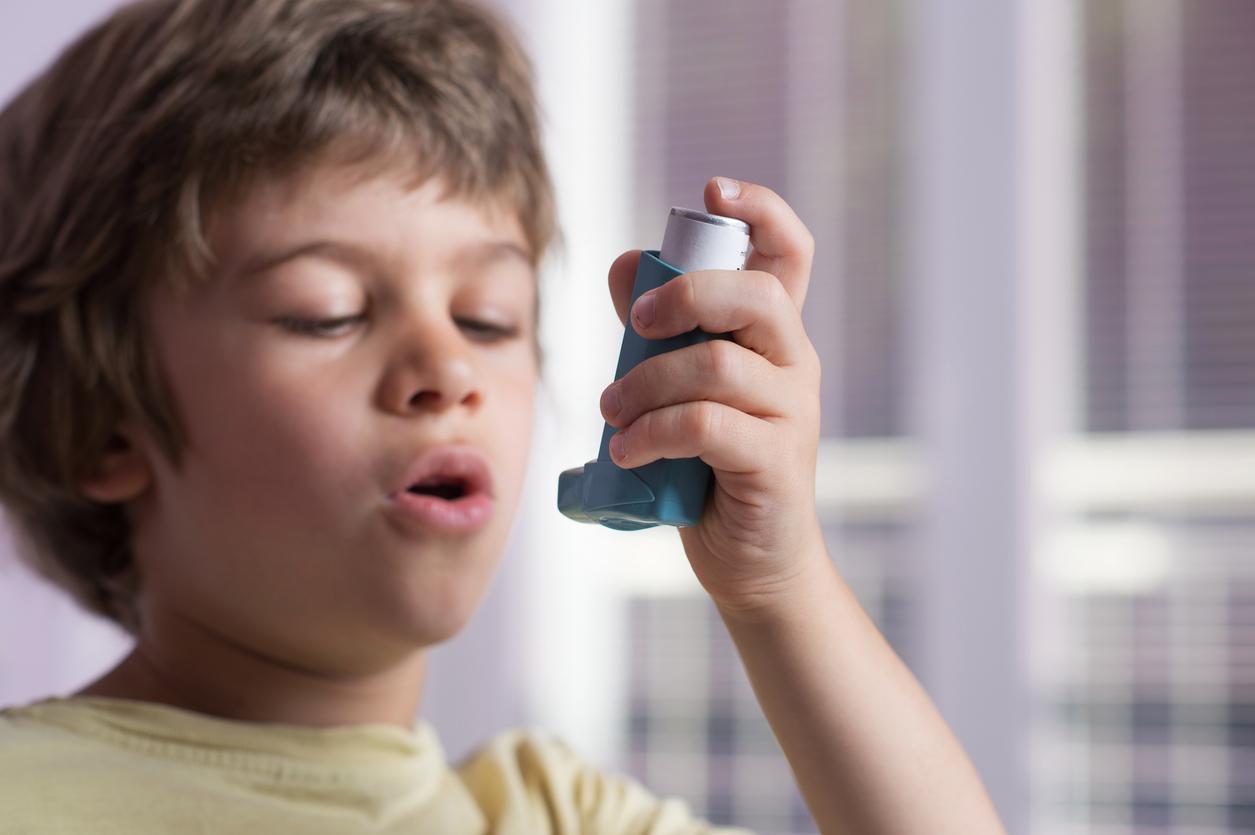
October 14, 2016.
According to a study conducted by a team of researchers from the National Institute of Health and Medical Research (Inserm), the sensitivity of some children to dust mites, the cause of childhood allergies, could be transmitted through breast milk.
Breast milk responsible for raising children’s awareness
The dust mite allergens present in breast milk promoted sensitization in children. This is in any case what reveals a study published in Journal of Allergy and Clinical Immunology. According to this work, breast milk would be beneficial for the child, but it would also help to make them more sensitive to certain mites and therefore to be more allergic.
To reach this conclusion, Inserm researchers looked for the presence or absence, in the milk of more than 200 women, of an allergen from the main house mite (Dermatophagoides pteronyssinus or Der p1). Results : two thirds of the women examined were concerned. At the same time, the researchers assessed the rate of asthma and allergic rhinitis in their children. And a link has been established.
Children with more asthma and rhinitis
” TO the age of five, children born to mothers with an allergic background and a high level of allergens in their milk suffered more often from asthma and rhinitis than others », Explained Isabella Annesi-Maesano, lead author of this study. ” Which tends to prove that respiratory allergens could not only sensitize children by air, but also orally “.
This study therefore calls into question the idea that feeding a baby with breast milk would protect him from any kind of allergy. Breast milk protects against some allergies, but not all. ” Our conclusion is surprising, especially since other studies have shown that food allergens in milk reduce the risk of a food allergy in children. Isabella Annesi-Maesano added in a statement.
To find out more: Infant feeding: the golden rules















